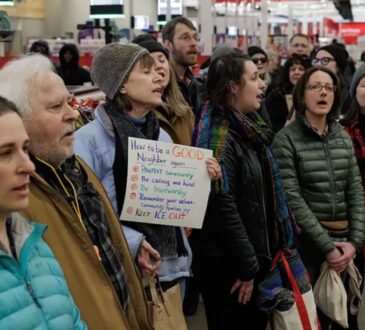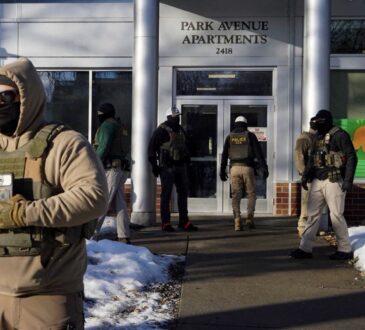
During a recent episode of *Fox and Friends*, co-host Brian Kilmeade stunned viewers with an offhand comment while he and his fellow hosts were discussing homelessness and mental health. The segment began with the case of Iryna Zarutska, a Ukrainian refugee who was brutally stabbed to death on a North Carolina train. The alleged attacker had a long record of arrests and was diagnosed with schizophrenia, raising questions about why he had not been kept off the streets.
The hosts shifted the discussion toward the broader issue of homelessness and how society should deal with people suffering from serious mental illness. Lawrence Jones argued that too many homeless people refuse help, and he insisted the government should stop allowing them to make that choice. He suggested that those who reject treatment or housing should either accept mandatory resources or be jailed.
It was at that point that Kilmeade made his shocking remark. Half-joking, half-serious, he floated the idea of “involuntary lethal injection,” bluntly saying, “Just kill ’em.” The other hosts, Ainsley Earhardt and Jones, didn’t push back or express outrage. They simply moved on with the conversation, treating the comment as if it hadn’t been said.
Although the exchange happened on Wednesday, it exploded across social media days later. Many viewers and critics were horrified that a national television host casually suggested executing vulnerable people as a “solution” to homelessness. California Governor Gavin Newsom, who himself has faced fierce criticism over his handling of the homelessness crisis, responded indirectly by quoting a biblical proverb: “Whoever closes his ear to the cry of the poor will himself call out and not be answered.”
The clip is now being used as an example of how discussions around mental illness and homelessness can veer into dangerous, dehumanizing territory when compassion is replaced by frustration or political posturing. Instead of focusing on solutions such as better mental health care, more housing, and long-term support systems, the exchange turned into a chilling display of how casually some public figures treat the lives of society’s most vulnerable people.




